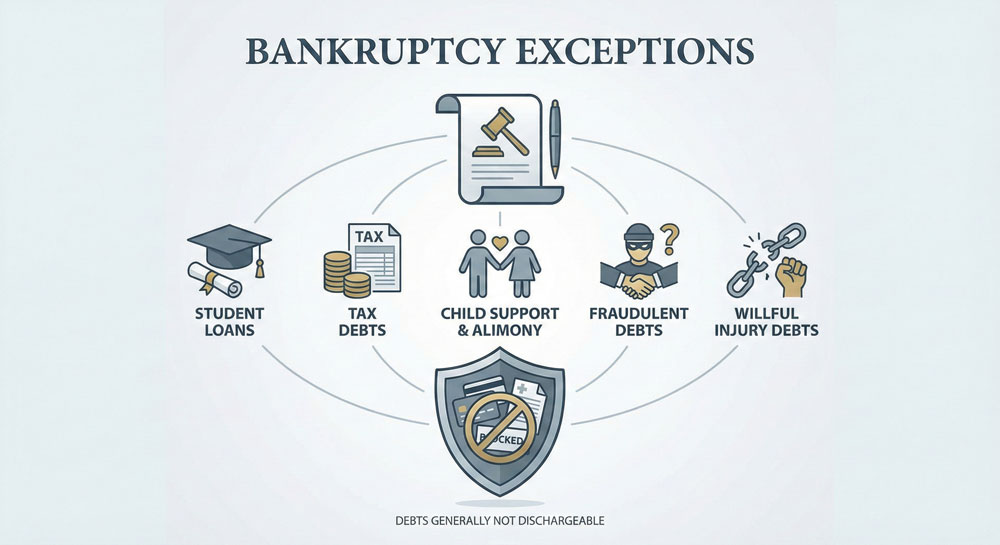Economics Of Military Spending
 Military spending raises strong emotions on both sides of the isle. Conservatives typically view a large military budget as necessary for national security. Liberals, on the other hand, often view our massive military budget as a diversion from social programs which benefit under-privileged social/economic classes. Political sentiments are especially high because of this year’s record defense budget. Sentiment aside, what are the real-world economics of military spending?
Military spending raises strong emotions on both sides of the isle. Conservatives typically view a large military budget as necessary for national security. Liberals, on the other hand, often view our massive military budget as a diversion from social programs which benefit under-privileged social/economic classes. Political sentiments are especially high because of this year’s record defense budget. Sentiment aside, what are the real-world economics of military spending?
A military is insurance, not an investment. Military spending “insures” against foreign threat. Insurance doesn’t make money; rather, it costs money now to prevent some future harm. We can get in trouble when we start thinking of the defense budget as an investment in the economy. At the kernel of this mislead belief is the failure to recognize that all defense spending comes out of the tax-payer’s pocket. $1 million spent on bullets might mean income for domestic munition manufactures, but it also means that the same $1 million can’t be spent by the consumers. This is a classic game of “stealing from Peter to pay Paul.”
The state cannot create wealth. This is not the case for the private sector. Money spent in the private sector can create profit, thereby adding net-wealth to the economy. So, defense spending is money spent on insurance which cannot be invested in the economy to produce a net-profit. Military spending is certainly necessary, the question becomes how much “insurance” do we need and how much are we willing to pay for it?
Feel free to give our office a call if you’re interested in learning about Fairfield bankruptcy. We’ve helped hundreds of people in the Fairfield area and would be happy to help you to.
Categorized in: News



